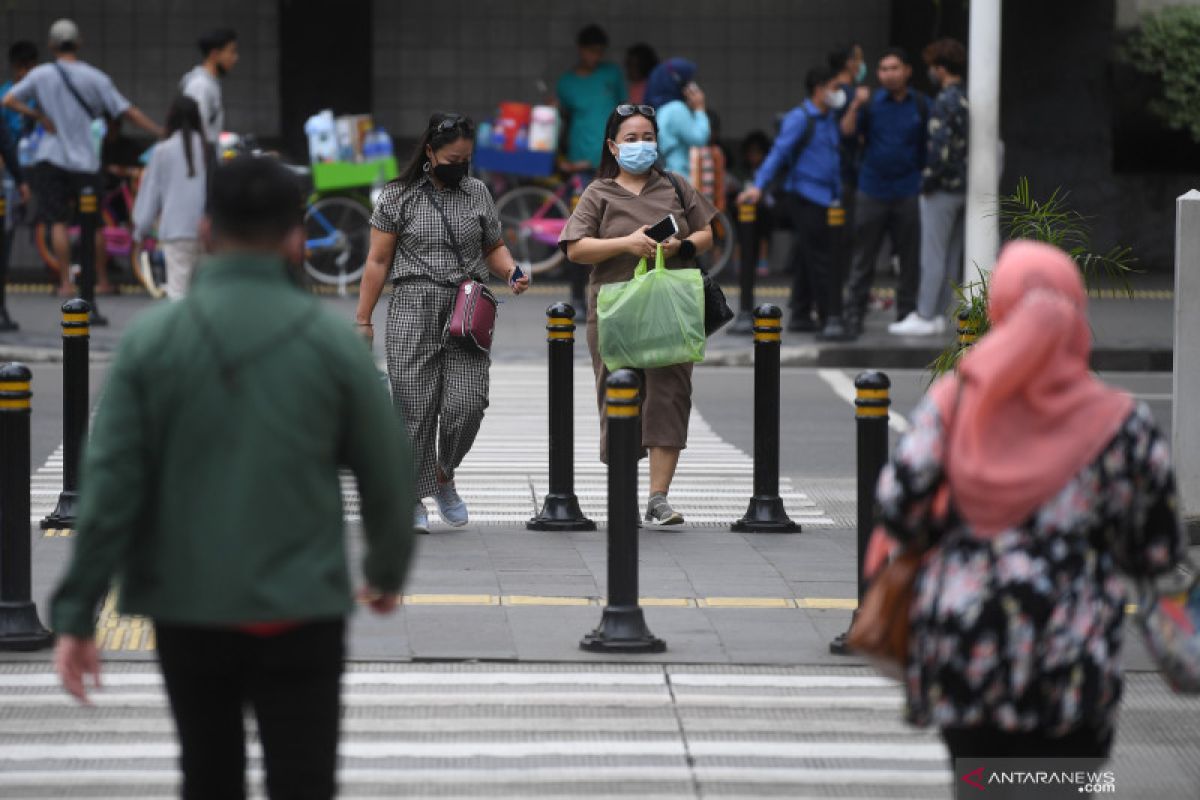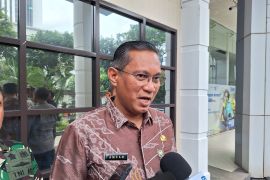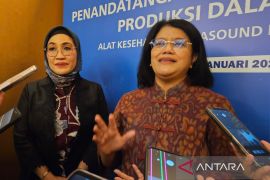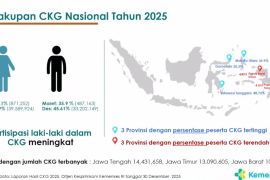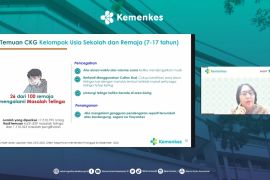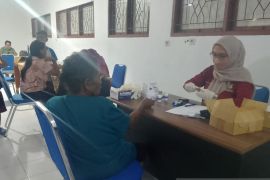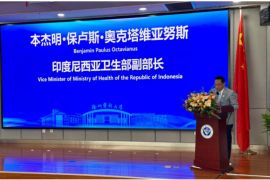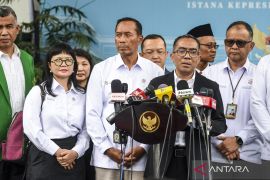"COVID-19 has not completely gone even though it is currently an endemic. We still have the potential for the emergence of new variants that can cause an increase in cases," he remarked on Tuesday.
To prevent the spread of cases, Syahril urged the public to continue to apply health protocols, such as washing hands and wearing masks when sick, including in crowds.
The public is also urged to immediately complete the COVID-19 vaccination, especially for at-risk groups, he remarked.
"Precautions and prevention efforts are still the same, namely immediately complete COVID-19 vaccination along with its booster, especially for the elderly and people with comorbidities," Syahril stated.
In addition, the practice of PHBS, such as washing hands and following coughing and sneezing etiquette, is still relevant to prevent transmission of the disease, he stated.
People looking to travel abroad are also urged to follow health protocols implemented in the destination area, he stated.
"The currently circulating variants KP.1 and KP.2 have a low transmission rate, and there is no evidence that they cause serious illness. However, we must remain vigilant," Syahril stated.
Based on data from the Global Initiative on Sharing All Influenza Data (GISAID) collected by the ASEAN BioDiaspora Virtual Center as of May 19, 2024, the COVID-19 variant circulating in the ASEAN countries in the 2023-2024 period is dominated by JN.1.
Data from the Health Ministry's National COVID-19 Weekly Report for May 12-18, 2024, showed 19 confirmed cases, 44 cases at the ICU, and 153 isolation cases, with a weekly positivity rate trend of 0.65 percent and zero deaths. The number of people who got tested per week reached 2,474.
On a separate occasion, an epidemiologist from Australia's Griffith University, Dicky Budiman, stated that the COVID-19 subvariant JN.1 and its derivatives KP.1 and KP.2 do not cause more severe symptoms, albeit can escape vaccination-elicited protection.
"Those subvariants have the ability to infect easily, especially those who are unvaccinated," he cautioned.
Budiman stated that the impact of COVID-19 is no longer acute but can cause long-term chronic impacts, such as complications in at-risk groups of people.
Related news: Autoimmune diseases on the rise after pandemic, expert says
Related news: Indonesia replaces imported COVID vaccines with safer domestic ones
Translator: Andi Firdaus, Resinta Sulistiyandari
Editor: Aditya Eko Sigit Wicaksono
Copyright © ANTARA 2024
